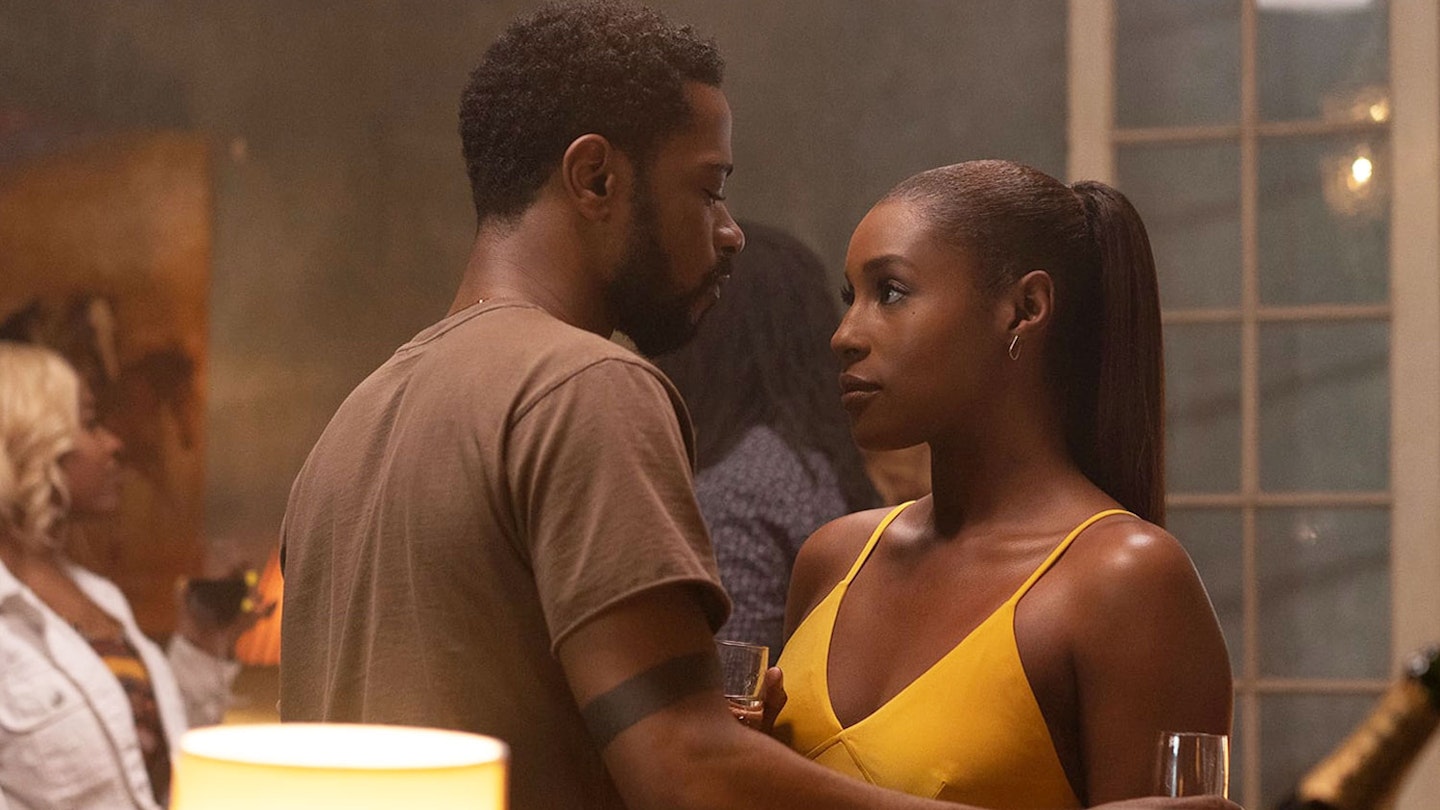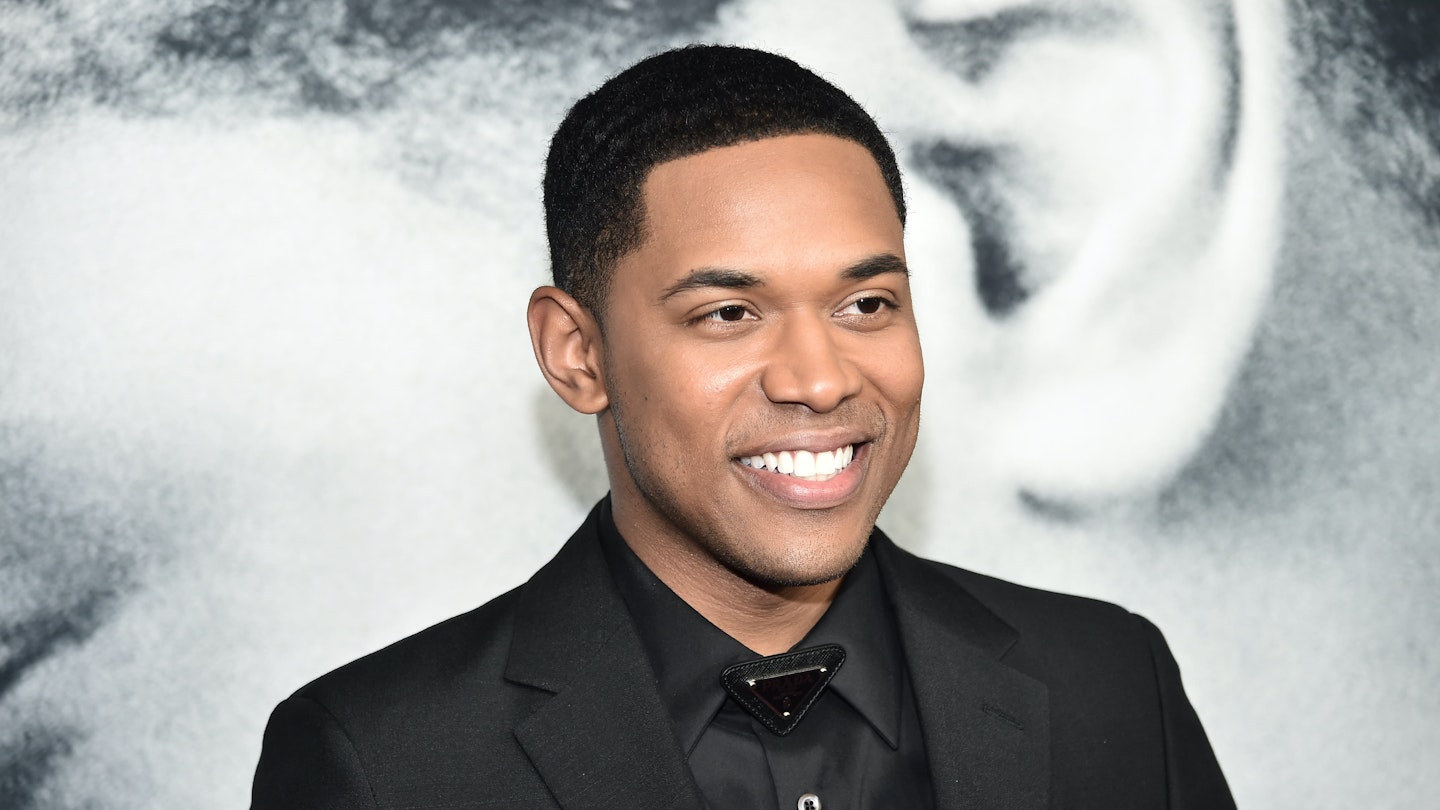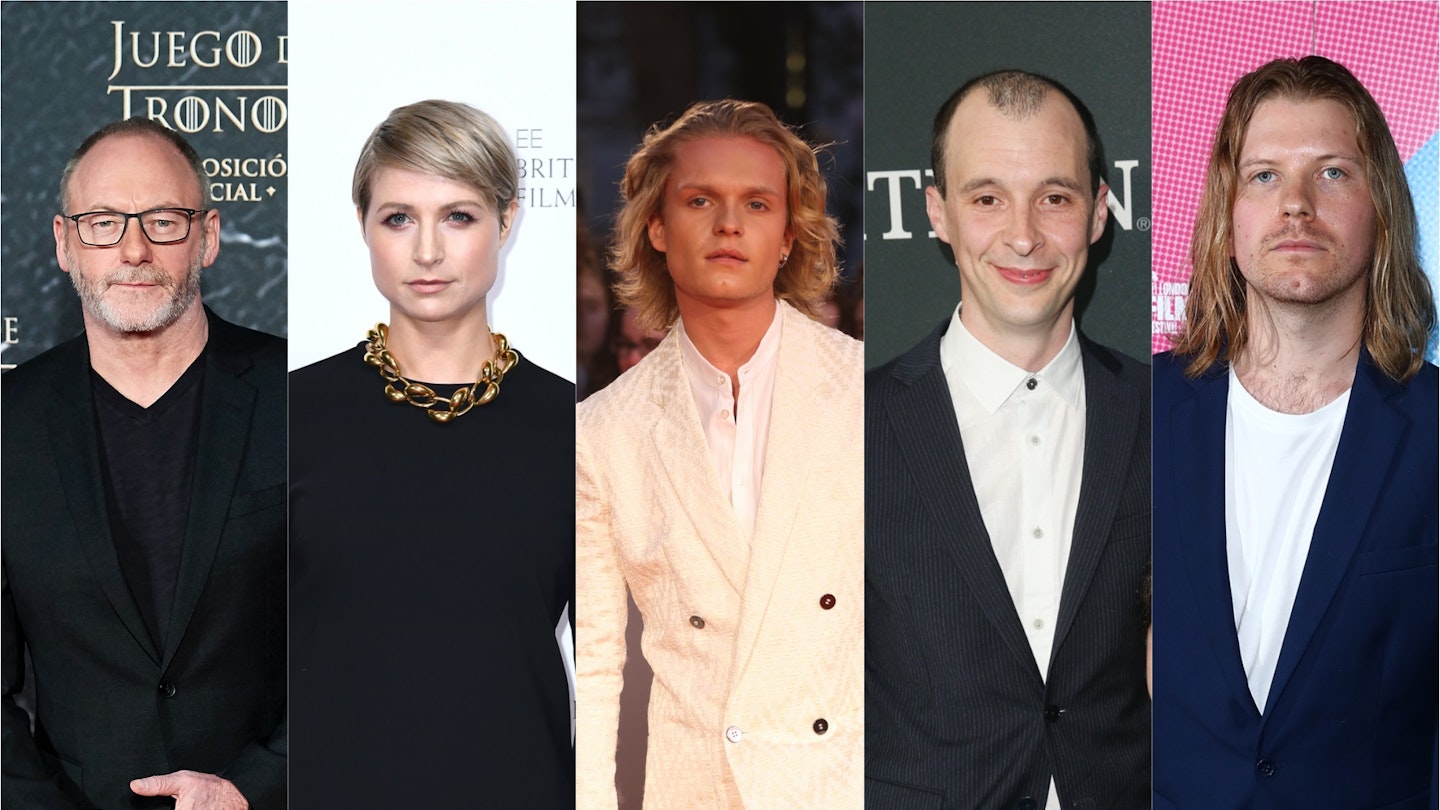There’s something old-school about The Photograph. The fourth film by Stella Meghie (following The Weekend, Everything, Everything and Jean Of The Joneses), it is a love story that thrives on the likeability, skill and attractiveness of its two up-and-coming stars, LaKeith Stanfield and Issa Rae. Although Meghie complicates the film’s pleasures with complex flashbacks and messy melodrama, it delivers the kind of entertaining romantic drama that is sadly now pretty much the preserve of Netflix.
It’s worth the effort due to the chemistry generated by Stanfield and Rae.
Stanfield is Michael, one of those movie-movie journalists who gets an inordinate amount of time to work on a story, works in a plush open-plan office and trades bantz with his editor (Brooklyn Nine-Nine’s Chelsea Peretti) — he is also the only journo who doesn’t squirm when he listens back to his own voice on tape. Rae is Mae, a museum curator who is coping with her mother’s death and using work as a way of being emotionally unavailable. When the actors are together, The Photograph is at its best. Their first date — the pair argue the toss over Kendrick Lamar (him) vs Drake (her) — is terrific, and makes you wish the film was a straight-up romcom or a Linklater talk-fest.
Yet the plot core that pulls them together also derails the movie. Intertwined within the Michael-Mae love story, Meghie also dramatises the relationship between the young Christina (a superb Chanté Adams) and local fisherman Isaac (Y’lan Noel), echoing the A-plot relationship in blunt, obvious ways. It’s a convoluted story construction that dampens any emotional wallop. It feels like there is enough in the central love story — they even have an engaging support network, from Michael’s older brother (Lil Rel Howery, hilarious) to Mae’s father (the ever-reliable Courtney B. Vance) — to make that the focus of the picture. There is also that old chestnut — a job offer in London — which should raise the stakes but fails to generate any tension.
It’s a slick good-looking film with a lovely glow, but the effect is often marred by an over-insistent use of music, both source tunes (Whitney Houston, Luther Vandross, Chaka Khan) and Robert Glasper’s jazz-inflected score. Still, it’s worth the effort due to the chemistry generated by Stanfield and Rae; the former is charming to the extent that it shaves off some of the character’s potential edges, the latter makes Mae’s sense of a woman trying to find a way to open up tangible. It’s also refreshing to see a straight-up big-screen Black love story that takes place in a recognisable world. Without the stylisation of If Beale Street Could Talk or the edge of Queen & Slim, The Photograph is an African-American romance that, for the most part, feels relatable and true.


